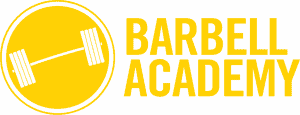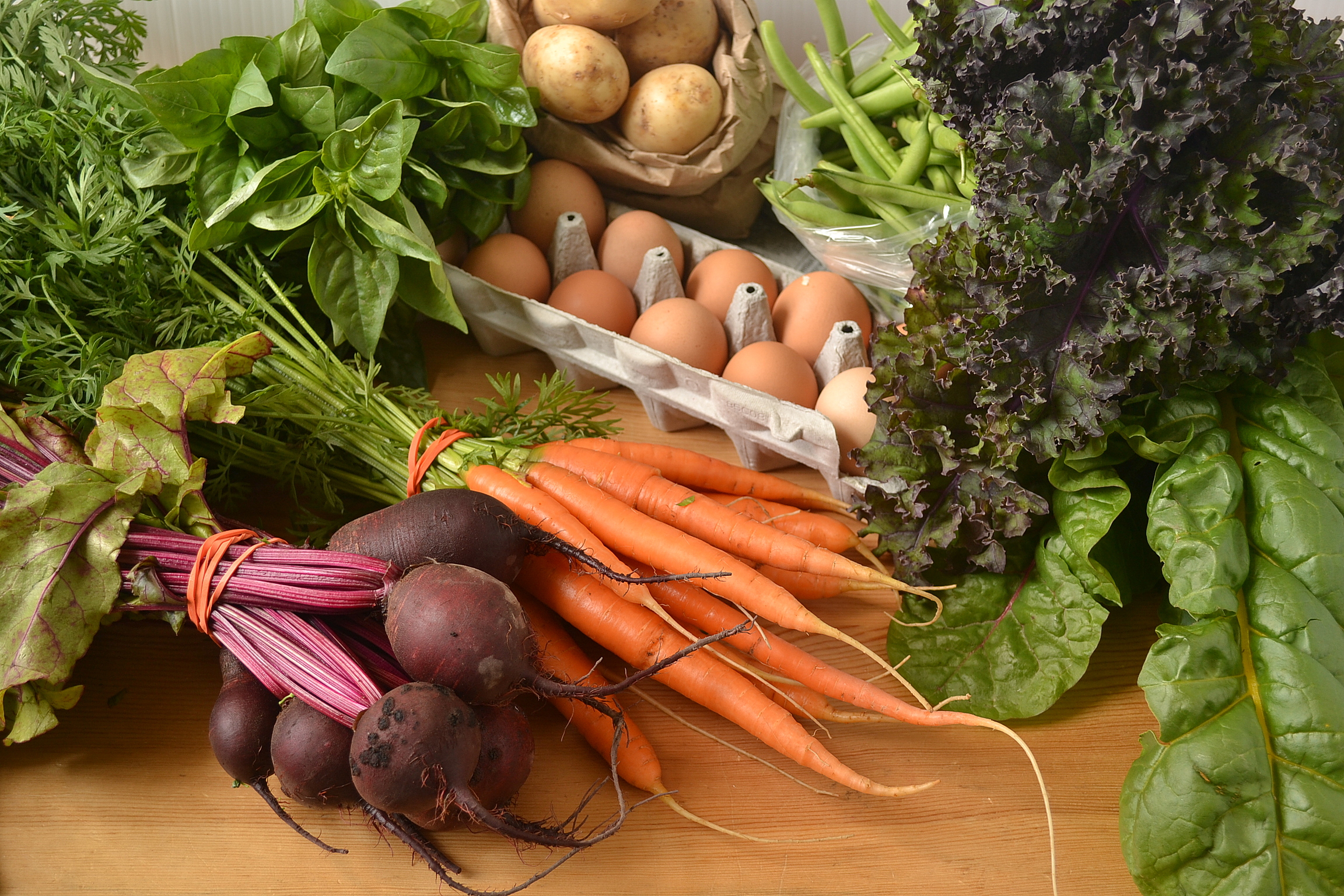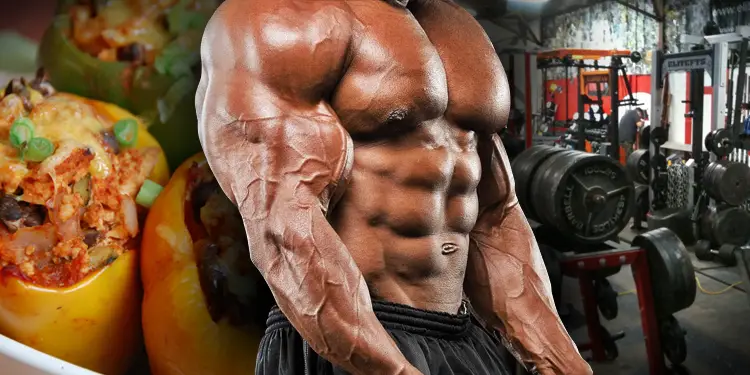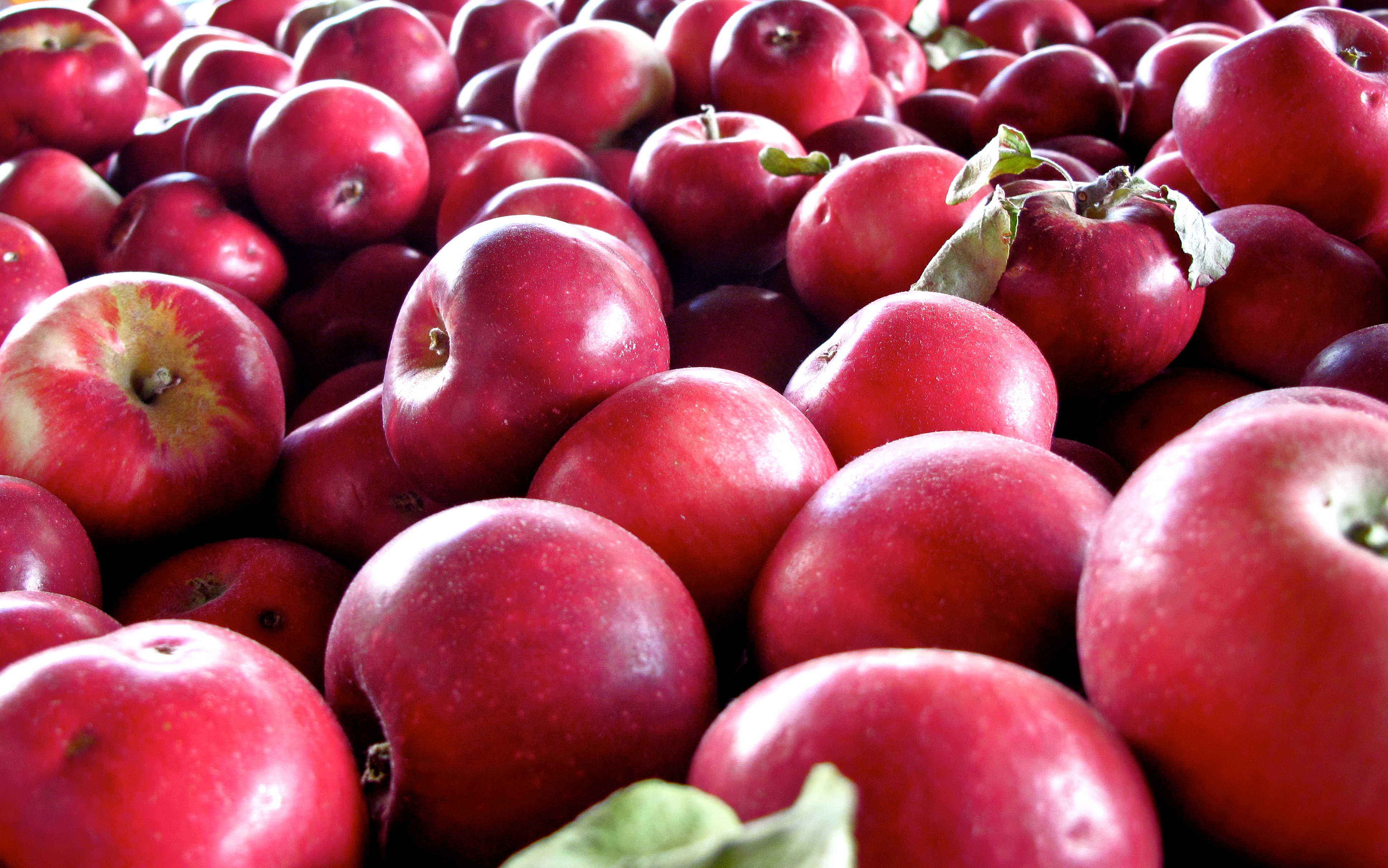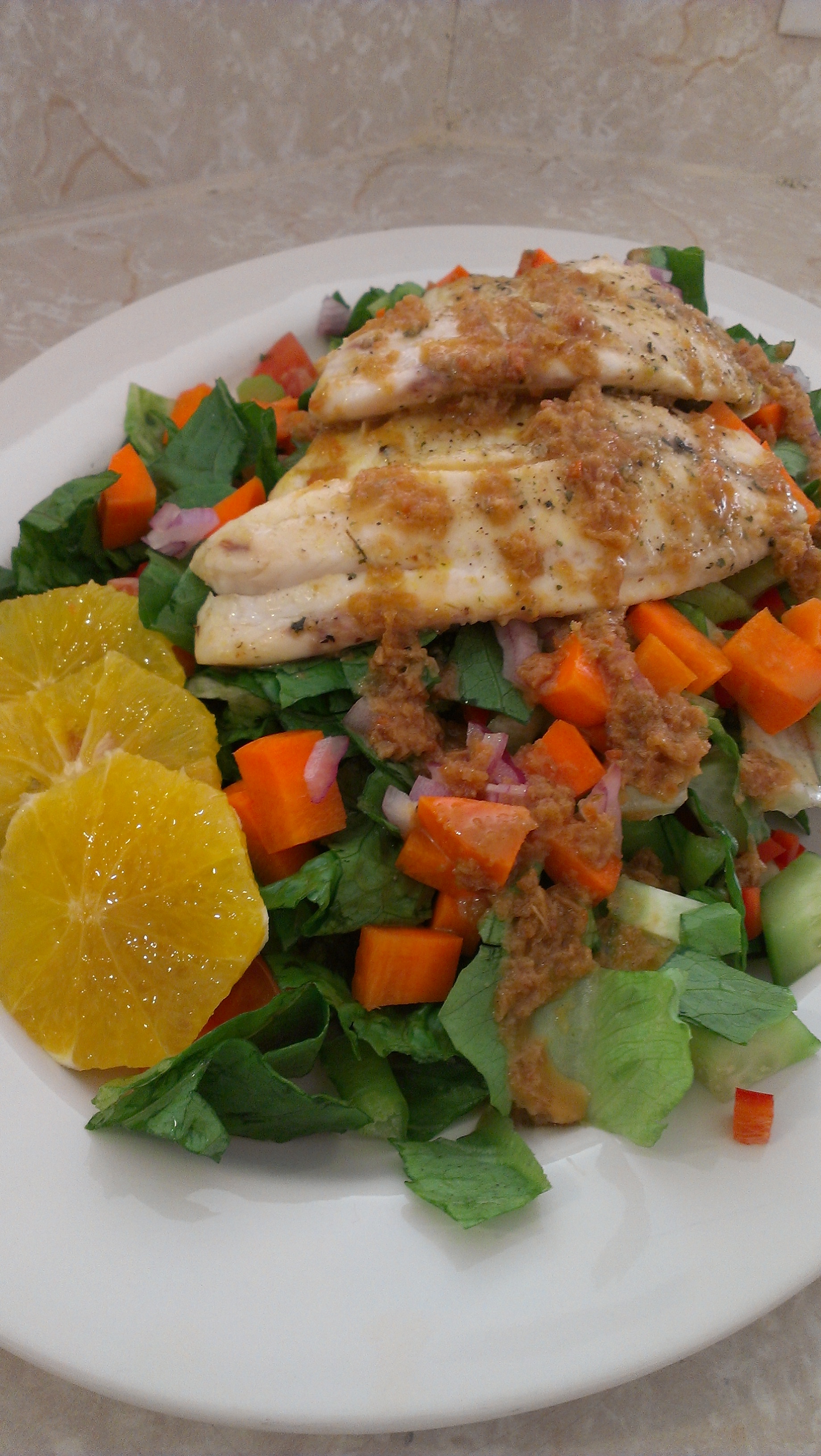Muscle Nutrition For Beginners
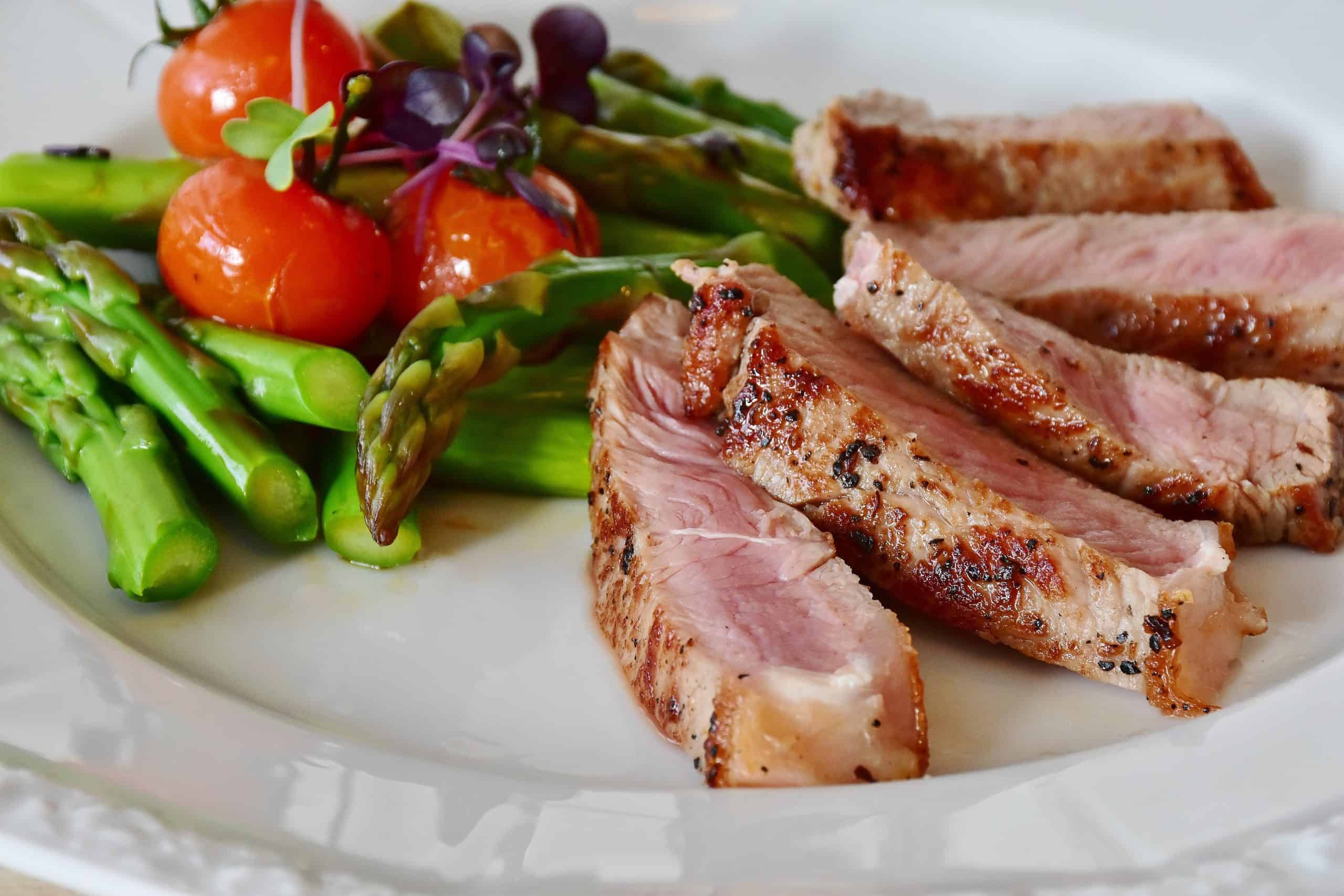
Muscle nutrition is a key factor in determining what your body will look like despite your best efforts in the gym. Without a sound diet building muscle, gaining strength or burning fat is nearly impossible.
You’ll see results, but for optimum performance diet and nutrition can’t be overlooked. Your body needs fuel for the fire and energy to repair itself after a gruelling workout. After all, they say that abs are made in the kitchen!
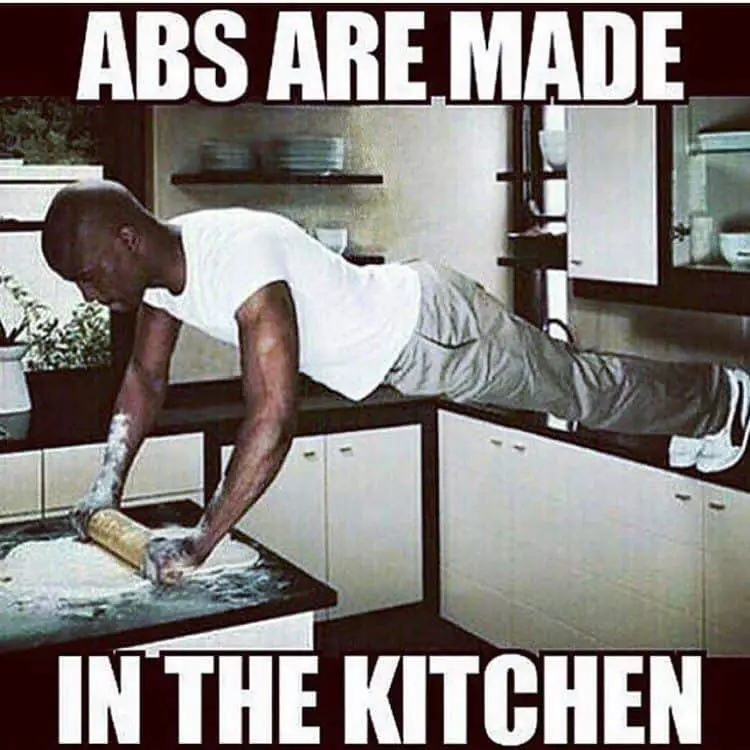
Without sufficient nutrition your body will not become the fat burning, muscle building, strength gaining machine that it can be. All that effort expelled during your workouts will just result in your body going into starvation mode and retaining more fat in your cells. Definitely not what you were intending. So what the heck do you do? Well it’s actually rather simple. Let me explain.
Getting the proper muscle nutrition takes work just like your training and cardio. The basis of nutrition is simply understanding what it is and what to look for. Things like whole food diets, micronutrients, hydration and more. From there, an idea on calories and calorie calculations is the next step before adding in any type of supplementation into the mix like protein, creatine or BCAAs.
Muscle Nutrition Comes From Whole Foods
First things first, you want to make sure you have a very healthy diet consisting of whole foods. By this I mean foods that are unprocessed and in their most natural state. A whole food diet is the backbone of a great muscle nutrition plan as each food is packed full of key micronutrients. Micronutrients don’t get enough attention, but things like vitamins and minerals are best consumed in their natural state.
If you’re still unclear about what I mean by whole foods your best bet is to always avoid any type of a processed food. Instead of frozen chicken strips, buy a pack of whole chicken breasts, cut them and cook them yourself. Stick to keeping your nutrition as natural, lean and healthy as possible. Consume things like organic fresh meat, fish, poultry, eggs, veggies, legumes, fruits, rice, oats, seeds and grains.
How Much Should I Eat & Drink?
Knowing how much to eat is the next building block of a muscle nutrition plan. Eating too much or too little can affect whether or not you’re successful. Calculating calories and then breaking down your macronutrient requirements will tell you what foods to include, how much to consume in order to reach your nutritional goals and the total amount of food to eat in one day. We’ll cover how to calculate your calories in the next section.
Staying hydrated is another critical element to nutrition. Drinking water throughout the day is a sure fire way to make sure you get enough. For myself on training days I usually consume about 1.5 to 2 gallons depending on my intensity and how much water I lose working out. Staying properly hydrated helps keep the body functioning properly too helping to shuttle nutrients through the blood.
By eating a whole food based diet and getting enough water, you prime the engine for hefty horsepower. One thing to consider is you can overfeed yourself and any excess will turn to fat so keep an eye on your macronutrients and get the right amount of food. Up next we’ll look at how to do that.
If you want to get a more in depth understanding of nutrition check out The New Power Eating by Dr. Susan Kleiner.
Nutrition Is A Game Of Numbers
With the foundation in place you can frame out your muscle nutrition plan by figuring out what your daily caloric intake is in order to maintain your current body weight. Wait, what? That’s right by figuring out how much fuel your body needs to maintain its current weight you’ll know how to gauge the amount of calories required to shred or bulk.

Building muscle or losing fat are both quite simple in nature but each has its own nuances. Once you know how much energy is required you can then estimate what your caloric deficit or surplus might be. When we cut or bulk we need to tune our energy requirements to that specific goal and consume foods in a way that supports it. Our nutrition strategies should support these goals.
How exactly do you calculate your caloric intake?
With math! My least favourite subject in school. All that stuff we never thought was practical comes in handy now. Who would think nutrition would deal with math? In the event you’re not a math wizard that’s totally cool. Use our simple Harris-Benedict calculator to assess your basal metabolic rate aka BMR.
BMR is the amount of energy your body needs to function. We use about 60% of the calories from the nutrition we consume each day for basic bodily functions, the rest are either stored or burned depending upon our activity levels. Our height, weight, age and sex all affect our BMR as well.
Your BMR will change over time as your body changes so it’s good to check every so often and make sure you’re seeing results.
If you’ve used the calculator, it will show you the number of calories you can eat every day and maintain your current weight. From there you can determine your protein and carb intake. These will make up a good portion of your daily calories.
Muscle Nutrition And Protein – How Much Do I Need?

A general rule of thumb for calculating protein intake is one gram of protein per pound of body mass. However there has been much debate and research that has gone into the amount of protein required. Research has suggests the following amounts should suffice for most:
- Adults – 0.8g/kg (0.4g/lb)
- Strength Athletes – 1.2 – 1.7g/kg (0.5 – 0.8g/lb)
- Endurance Athletes – 1.2 – 1.4g/kg (0.5 – 0.6g/lb)
Muscle Nutrition And Carbs – How Much Should I Eat?
The majority of carbs come from plants. Although most animals need carbohydrates, you can’t get them from eating fish, meat or poultry.

To figure out how many carbs you need each day you will need to first know your calorie intake.
Take the calories per day from the calculator and divide that in half. As one gram of carbohydrate has roughly four calories, we then divide this number by four. The result is how many grams of carbohydrate we need daily.
For example
For example, my calorie intake comes out at 2,750 calories per day. This means I should take in about 343 grams of carbohydrates (2,750 divided by 2 = 1,375. And then 1,375 divided by 4 = 343).
Whatever the result, be sure to consume most of your calories from high quality, organic whole food sources if and when possible. If you struggle to get the right amount of protein/ carbs or fats from food however, you can always support your strategy with adding in supplements.
Supporting Muscle Nutrition With Supplementation
I’m not going to cover a lot about supplements in this section as there is a plethora of products and information on the internet regarding supplementation. What I will do is provide a basic rundown on essential muscle nutrition supplements that most athletes tend to consume in some form or another, as well as some product recommendations. Bear in mind however that supplementation is just that, an addition to your diet.
Omega 3, 6, 9 Supplements
Fat is extremely good for your body but it has to be the right kind of fat. Omega 3, 6 and 9 are essential to bodily functions and melting the fat off of your body. If you’re not getting enough fish in your weekly meals you may be short on necessary omega 3’s. Supplementing with a high quality fish oil or omega product is highly recommended by most nutrition experts.
Recommended products:
Protein Supplements
One of the most common supplements that everyone talks about is protein. They come in a variety of forms such as whey, egg and plant-based. As well as product types from powders to pre-made drinks.
Protein powders are a great way to add additional protein to your nutrition plan. They come in a variety of types and flavours. Try some some out for yourself and see what you like. Protein powders are best for a quick meal replacement shake a couple times a day. Don’t get crazy and think you can just drink your meals though! If you’d like to know which ones are best check out our review of the best protein powders.
Creatine Supplements
Creatine is by far one of the most researched sports nutrition supplements and with good reason. Studies have found that creatine does work and helps build muscle and increase strength. Creatine allows you to push your intensity a little bit further and get the most out of your workout.
There are a ton of creatine supplements with each one claiming to be the best. I have found that any brand of creatine made with Creapure creatine is great.
Recommended products:
- Beast Sports Nutrition – Creature Creatine Complex with Creapure
- Nutricost Creapure Creatine Monohydrate 1KG
- Optimum Nutrition Micronized Creatine Monohydrate Powder
Pre-Workout Supplements
Pre-workout supplements are great if you need a little extra drive and motivation. I find that a lot of pre-workout drinks make me jittery and shaky however, probably due to cheaply manufactured products.
Your best bet is to go to your supplement store and see what kind of samples they have and find one that works for you. If you’re sensitive to caffeine be mindful of the amount it contains. You can usually skip any need for a pre-workout if your nutrition is sound or you simply prefer coffee.
Recommended products:
branched chain amino acids & Glutamine
BCAAs (branched chain amino acids) as well as glutamine are other supplements that nutrition experts and bodybuilding pro’s typically recommend. They both are excellent in helping with recovery.
Most BCAA powders have glutamine in them but you can get it separately. BCAAs can also be used as an energy source by bodybuilders when cutting weight.
Recommended products:
One Last Bite
When it comes to muscle nutrition, food is your best source of energy. By consuming a whole foods, high quality organic diet and eating it in the right amounts you set yourself up for optimal performance.
You can get everything you need and more by keeping a close eye on what you’re eating and how you’re eating. Analyse your diet and focus on that first. Get the right amount of energy you need from the food you eat and then into supplementation as an aide in your quest for greatness.
